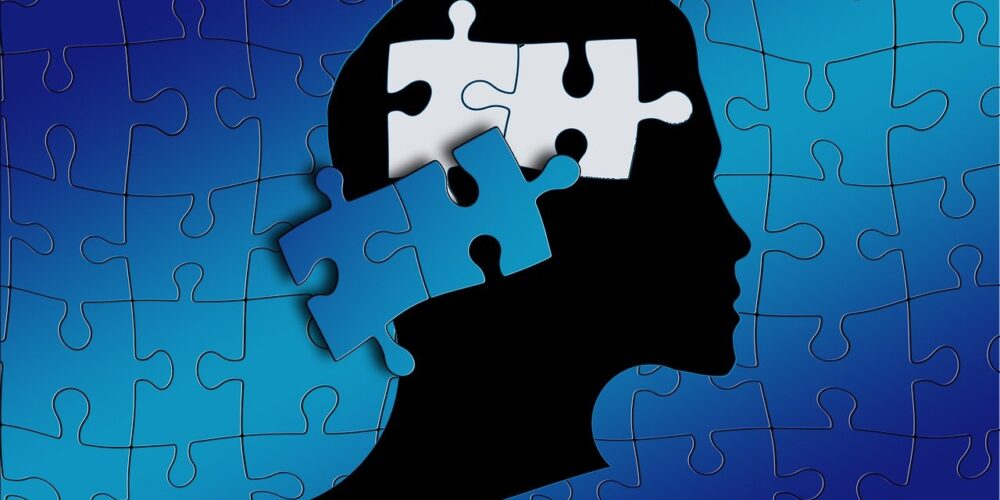Could your disadvantage be flipped into success?

Richard Branson is dyslexic. The billionaire founder of the Virgin Group suffered at school because his brain was wired differently. Reading and writing was more difficult for him, and in those days dyslexia was not a known condition. He was dismissed as lazy or stupid by his teachers.
But he now refers to dyslexia as his superpower. He recently shared that he believes his condition was a blessing in disguise that made him more creative and inventive—once he struck out on his own path to success, without waiting for traditional backing or looking for regular career paths.
He’s not alone. Steve Jobs, Muhammad Ali, Pablo Picasso, Henry Ford—all dyslexics. Far from hinder them, perhaps their difference fired their unusual success.
There’s something here, if we’re willing to see it.
We grow up thinking disadvantages are roadblocks. That if you don’t have the right background, the perfect grades, the smooth path—your chances are slim. And yes, the system often reinforces that. It’s built to reward conformity, not uniqueness. But life often rewards something else entirely: resilience, creativity, defiance.
Many so-called disadvantages are simply differences. And in a world obsessed with sameness, those differences can look like flaws. But under the right light, they become the very thing that sets you apart—if you learn to see them differently, and use them deliberately.
Branson’s dyslexia forced him to simplify. He had to delegate the written word early on, so he learned how to explain ideas with clarity, with impact. He developed a nose for the big picture, for storytelling, for rallying people around a mission. He wasn’t held back by his dyslexia—he was propelled forward by the compensating strengths it forced him to develop. The same goes for Jobs. His difficulty with conventional learning didn’t stop him; it made him a relentless challenger of orthodoxy.
So what’s the lesson here—for a young person who doesn’t come from advantage? Who doesn’t feel like they fit in the standard mould? Here it is: stop waiting for validation. Start looking at what you already have—especially the parts that seem awkward or out of place—and ask: how can this become fuel?
You may not have fluent English. That can make you better at listening, at decoding context, at speaking plainly and powerfully when it counts. You may not have top exam results. That can make you hungrier to learn by doing, to build practical intelligence. You may not have a mentor or a network. That can sharpen your radar for sincerity and teach you to build relationships that are real, not transactional.
It is perfectly possible to succeed without privilege, if we don’t wish our differences away—but turn them into leverage.
But it takes effort. And clarity. You don’t turn disadvantage into superpower by simply declaring it so. You do it by working harder than others to understand yourself, by being honest about your limits, and then designing your path around your true strengths—not the ones you wish you had.
One of the most overlooked superpowers in this world? Struggle. People who’ve had to fight for every small win often develop stronger muscles. Emotional muscles. Mental muscles. The ability to keep going when others stop. The ability to read a room, sense danger, find an opening. These are the skills of survivors. But they are also the skills of leaders, innovators, change-makers, and they’re useful in business, in art, in leadership, in life.
Of course, this doesn’t mean the playing field is fair. It isn’t. Some people are born five steps ahead. But lamenting that fact won’t move you forward. What will? Using every card you’ve been dealt with intent. Taking ownership of your story and refusing to play the victim. That path is never easy. But it’s real. And it’s possible. So, if you’re young, and your story doesn’t look like the ones in glossy magazines or on Insta Reels—good. You’re not a clone. You’re an original. Now your job is to learn how to turn your story into strength.
Let’s not pretend this is easy. If you were born into poverty, exclusion, or invisibility, the climb is steep. The system often isn’t just indifferent to you—it’s rigged against you. It’s not just that you lack money. You often lack safety, time, connections, guidance. You carry burdens others don’t even see. And while stories of people who made it might inspire, they can also feel remote—like distant stars when you’re just trying to find your next meal, or make it through another day without breaking.
But here’s something true: you are not powerless. Not completely. Even in a rigged game, small choices add up. Start with what you can control. Show up where others wilt. Keep your word when others lie. Learn a skill—any real skill—that makes you useful. Become known for something that works. And yes, that will be harder for you than for someone born five rungs up the ladder. But hard is not the same as impossible. At some point, your luck may turn and show you the real opportunity of your life.
(Sunday Nation, 6 April 2025)

Buy Sunny Bindra's new book
The X in CX
here »
Popular Posts
- NY’s wake-up call to the old guardNovember 9, 2025
- How to listen, really listenNovember 16, 2025
- Save your strength for repairsNovember 2, 2025
- Here’s why you should become foolishNovember 30, 2025
- Is AI hiring your company into oblivion?November 23, 2025















